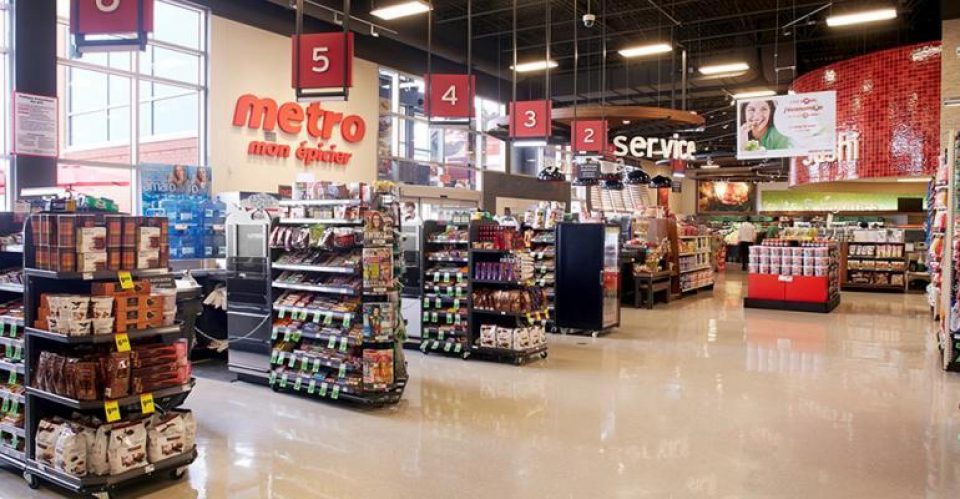METRO is able to cut the price of a product as the expiration date approaches by using smart packaging to track expiration dates on fresh commodities. Consumers who anticipate to eat the product right away save money, while others pay full price.
METRO, Germany’s largest retailer, recently experimented dynamic pricing based on expiration dates, with promising results.
“What do you do when you go to the shop and buy some fresh food, say cheese or ham, and you look at the pack at the front and the expiry date is tomorrow? You wrap your fingers around the back and pull out the one with a two-week expiration date. “Everyone does it,” remarked Phil Archer, GS1’s director of online solutions, during the recent AIPIA (Smart Packaging Association) World Congress on the new GS1 Digital Link 2D URI standard. “What happens to the leading pack? Even when everything is absolutely excellent, it is thrown away.”
He cited the German grocery chain METRO, which has experimented with dynamic pricing in collaboration with the environmentally conscious technology company Wasteless. The computer maintains expiry information linked with each serialized product (which might be stored in a 2D barcode) and associates it with a price that falls as the product approaches expiration. And by discounting products that are about to expire, METRO incentivizes shoppers on both price and expiration date. If a customer wants the full two weeks of in-home shelf life, they must pay full price.
While testing this technology, “METRO’s first Food Waste Report reveals a 15.3% decline in food waste… between financial years 2017/18 and 2020/21,” according to the company.



